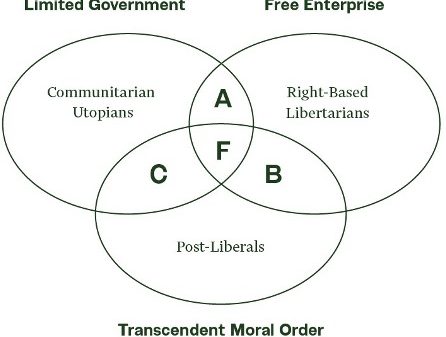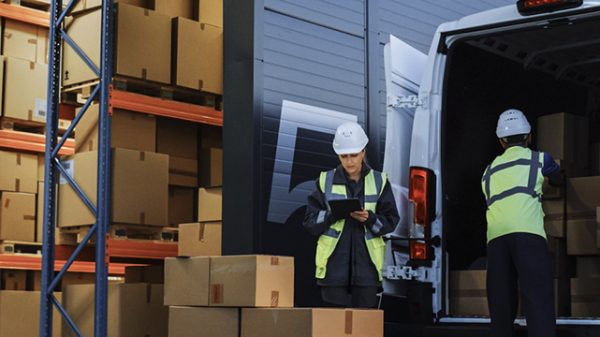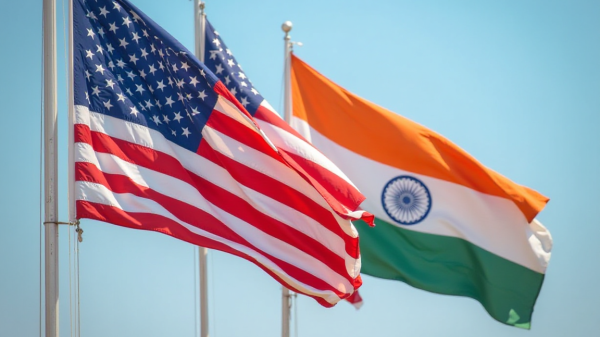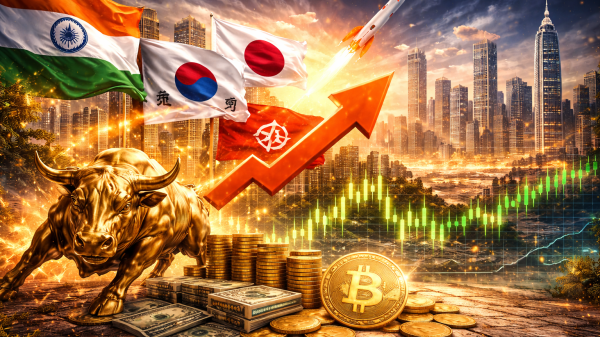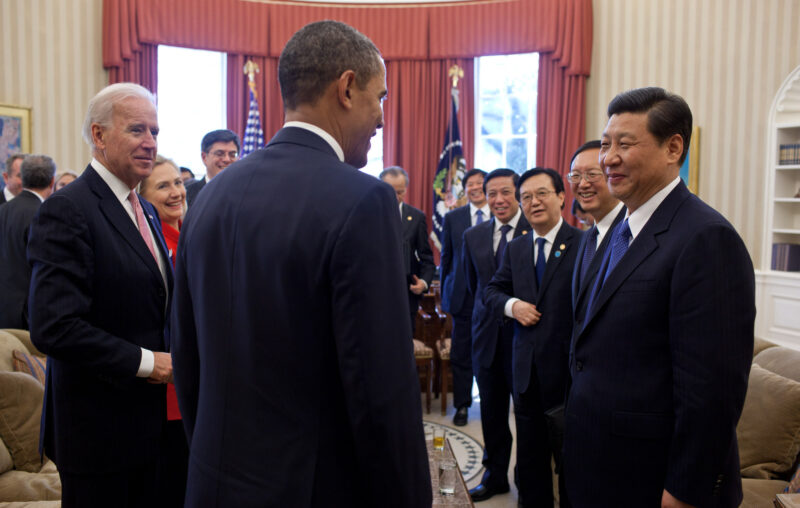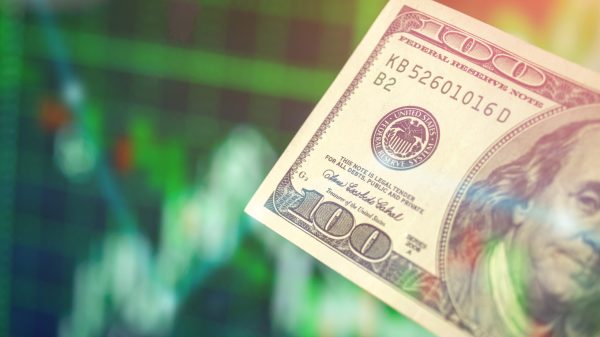One popular version of the case for industrial policy goes like this: free markets and free trade are great. These policies are the best means of promoting economic growth and widespread prosperity at home except when foreign governments don’t follow these policies. To the extent that our trading partners use tariffs, subsidies, and other tools of industrial policy, we can no longer stick with free markets. We must instead match the economic interventions of foreign governments with economic interventions of our own. If we don’t do so, we leave ourselves unarmed against the economic aggression of other countries — aggression that will impoverish us if we don’t repel it with our own tariffs, subsidies, and other tools of industrial policy.
The most obvious flaw in this case for industrial policy is its illogic. If tariffs and other government interventions into the economy harm the people of the home country when other governments follow policies of free trade and free markets, when a foreign government raises tariffs or otherwise intervenes more heavily into its country’s economy the result will be to weaken, not strengthen, that foreign-country’s economy. Far from requiring retaliatory economic interventions by our government, the economic interventions by the foreign government will themselves drain that foreign economy of efficiency and vigor, thereby making it less, not more, effective at ‘competing’ with our economy.
Relatedly, foreign-government deviations from free-market policies do not miraculously give officials in the home government the knowledge these officials must have to out-perform the market at allocating resources. If home-government officials had reliable access to such knowledge (and could be trusted to use it in the public interest), they should practice industrial policy regardless of the economic policies pursued abroad. The principal economic argument against industrial policy is that government officials cannot possibly know enough to out-perform markets and cannot be trusted even to try.
Over the years I’ve asked many protectionists “Why, if free trade is the best policy for our economy when other countries practice free trade, does free trade become a bad policy for us when other countries practice protectionism?” On rare occasions the answer will be that by raising our tariffs we will pressure foreign governments into lowering their tariffs, which will benefit the people of both countries. This answer is at least logically sound, if its practical merit is meager. But most of the time the answers are nothing more than verbal fusillades of inapt war and sports metaphors. “If we don’t retaliate with our own tariffs, we go into battle unarmed!” “If we don’t match their export subsidies with our own export subsidies, the playing field will be uneven!” “If we don’t pursue industrial policy as other governments pursue industrial policy, we’ll send our producers into the boxing ring with one arm tied behind their backs!”
Analogies such as these favorably impress only the economically uninformed, for only the economically uninformed believe that trade is a zero-sum (or even negative-sum) game in which the people of one country can gain only by inflicting losses on – by economically defeating – the people of other countries.
But protectionist arguments are plagued not only by logical flaws; the actual empirical record is also unfriendly to these arguments – as two recent reports make clear.
One report, in The Economist, is about China. The government in Beijing is keen on picking industrial ‘winners’ for that country, and one such chosen winner in recent years is the electric-vehicle industry. Using a variety of means, Chinese Communist Party officials and mandarins in Beijing have directed substantial resources into EV production — a policy that allegedly justifies matching support from the US government for American-based EV producers. But as matters are developing, this ‘winner’ in China is turning into a loser. According to The Economist,
At least eight large makers of the cars have shut down or halted production since the start of 2023. The ripples are visible throughout the supply chain. Qingdao Hi-Tech Moulds, a large auto-parts supplier, warned in a statement earlier this year that the halting of production at HiPhi, an automaker, could send its net profit tumbling by up to 60 percent. saic Anji Logistics, an auto-industry logistics provider, said in recent bankruptcy proceedings that it collapsed mainly because Aiways, another troubled automaker, had failed to pay its bills. The failure of Levdeo, yet another carmaker, has left 4bn yuan ($550m) in unpaid bills to suppliers, agents and banks. Some 52,000 ev-related companies shut down in China last year, an increase of almost 90 percent on the year before, according to one estimate.
This development is unsurprising. No matter how smart and clever are President Xi and his lieutenants, they cannot work miracles. If the Chinese have no comparative advantage at producing EVs on a scale as large as the one desired by these government officials, diverting resources on this scale into EV production is likely to backfire — as it’s now doing. It’s possible that if Beijing diverts yet more resources into this industry that eventually the Chinese will come to have the necessary comparative advantage at producing EVs. But as things now look, this possibility is a bad bet — although it’s a good bet that Beijing will in fact strive to buoy China’s troubled EV producers with yet more subsidies and special protections. After all, the money that Chinese-government officials are spending isn’t their own; it’s money forcibly taken from Chinese taxpayers and consumers.
But even if the unlikely occurs and the Chinese do eventually become efficient at producing EVs on the scale fancied by Pres. Xi, at what price for the Chinese people? Not only will they have been forced to subsidize losses during the period when Chinese EV producers have no comparative advantage at producing EVs on such a scale, this government-engineered creation of a Chinese comparative advantage at producing EVs necessarily — by the inescapable logic of comparative advantage — will have taken away from the Chinese a comparative advantage at producing some other outputs.
It’s impossible for officials in Beijing to know which Chinese industries their EV subsidies are destroying. It’s also impossible for them to know if the advantage that China will gain if and when it gets a comparative advantage at producing EVs will have been worth the cost. Indeed, because the money spent by government officials isn’t their own, and because these officials are not directed in their economic decisions by market prices, it’s almost certain that government-engineered economic outcomes are worse than would be the outcomes generated by freer markets.
Why we Americans should quake in fear at these self-destructive Chinese economic shenanigans is a mystery.
The second report, in the Financial Times, is about the US. The opening lines of this report speak volumes:
Some 40 per cent of the biggest US manufacturing investments announced in the first year of Joe Biden’s flagship industrial and climate policies have been delayed or paused, according to a Financial Times investigation.
The US president’s Inflation Reduction Act and Chips and Science Act offered more than $400bn in tax credits, loans and grants to spark development of a US cleantech and semiconductor supply chain.
However, of the projects worth more than $100mn, a total of $84bn have been delayed for between two months and several years, or paused indefinitely, the FT found.
The same economic and political obstacles that prevent US government officials from outperforming the private sector at allocating resources when Beijing and other governments are liberalizing their economies prevent the US government from outperforming the private sector at allocating resources when Beijing and other governments start intervening more heavily into their economies. And the time, effort, and resources spent by American producers lobbying for special privileges is made no less wasteful just because foreign governments engage in orgies of special-privilege giveaways.
If we Americans want our economy to be as productive as possible and to ensure as well as possible a high and growing standard of living for as many Americans as possible, we must keep our economy as competitive as possible. This condition means no protective tariffs and no subsidies. If other governments insist on harming their countries’ economies with such interventions, that’s their business. We can pity the citizens of those countries. But both economic logic and the empirical record are clear that the best course for us is economic freedom without special favors or penalties.

